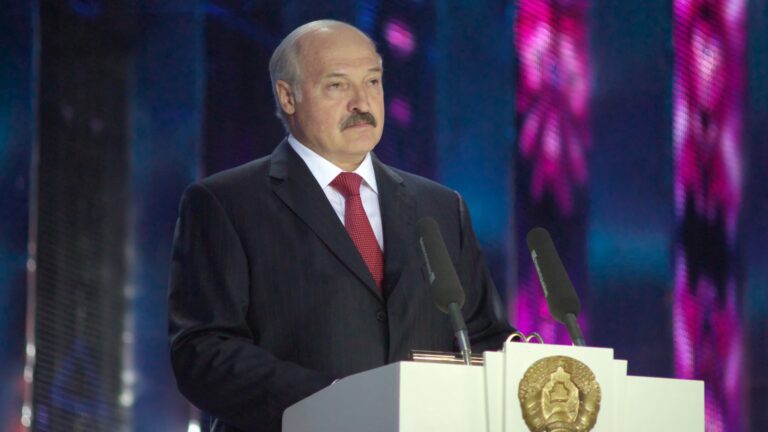
The podcast is also available on Google Podcasts, Breaker, PocketCasts, and Soundcloud.
As both the EU-China CAI 17+1 summit begin to fade from view and more challenges yet emerge for China and their relations with both the EU and CEE nations, the Voice for CHOICE podcast is picking up on one of China’s evermore present promises in such high-profile meetings and agreements in 2021, that of climate cooperation
It is a topic rife with contradictions both in China’s domestic actions and its initiatives abroad, such as the BRI in CEE nations. However, as China is the world’s most populous nation and its largest polluter in absolute terms, it is a topic that affects us all and is thus worthy of keen attention. Make the right CHOICE and tune in!
This month’s show features analysis from:
- Isabel Hilton, Founder and Senior advisor to China Dialogue, an independent organisation aimed at understanding and analyzing of China’s environmental challenges.
- Dr. Janka Oertel, Senior Policy Fellow and Asia Program Director, European Council on Foreign Relations
Of course, if you have a favorite guest, feel free to listen to either expert in their very own self-contained podcast.
Show Notes:
- Climate superpowers: How the EU and China can compete and cooperate for a green future-ECFR
- Room for improvement on environment and labour provisions in the draft Comprehensive Agreement on Investment-China Dialogue
- China’s Latest Five Year Plan Addresses Climate Change…But Is It Enough?
- Empty Shell No More, CHOICE’s groundbreaking paper on 17+1
- Full text of Xi Jinping’s 17+1 Keynote Speech
This podcast is hosted by Kevin Curran
Written by
Kevin Curran
kevincurranczKevin Curran worked as a Project Assistant at the Association for International Affairs (AMO). Previously, he was a Fulbright Scholar at Charles University, a visiting fellow at the International Sustainable Finance Centre, and a journalist for major US financial publications. His research interests include semiconductors, Central European media systems, and international capital market regulation.


